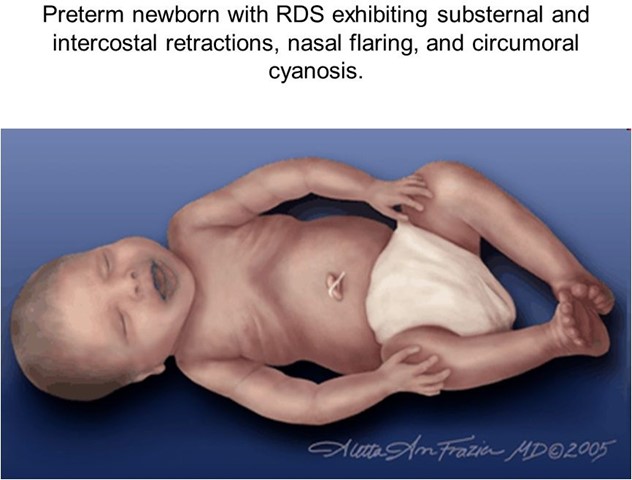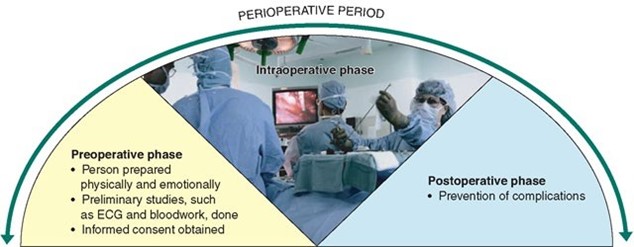The practical nurse (PN) is caring for a client with fractured metatarsals after slamming a hand in the car door. After administering the prescribed hydrocodone/acetaminophen for pain, which intervention should the PN include in the client's care?
Implement ongoing assessments for signs of shallow or slow breathing.
Assess the skin daily for areas of ecchymosis or other signs of bleeding.
Encourage the client to resume normal activities after medication administration.
Observe the client for involuntary movements of the lips and tongue.
The Correct Answer is A
Choice A rationale:
After administering hydrocodone/acetaminophen for pain, the PN should closely monitor the client for signs of respiratory depression, which may manifest as shallow or slow breathing.
Ongoing assessments are crucial because respiratory depression is a potential adverse effect of opioid medications like hydrocodone. If this complication is detected early, appropriate interventions can be implemented to ensure the client's safety.
Choice B rationale:
Assessing the skin daily for areas of ecchymosis or other signs of bleeding is not directly related to the administration of hydrocodone/acetaminophen. While bruising and bleeding are possible side effects of some medications, this assessment is not the priority in this scenario.
Choice C rationale:
Encouraging the client to resume normal activities after medication administration is not appropriate in this situation. Hydrocodone/acetaminophen can cause drowsiness and impairment, so the client should be advised to avoid activities that require alertness or coordination until the effects of the medication are known.
Choice D rationale:
Observing the client for involuntary movements of the lips and tongue is relevant when administering antipsychotic medications, as these movements may be signs of tardive dyskinesia. However, it is not directly related to the use of hydrocodone/acetaminophen. The priority after administering this pain medication is to monitor for respiratory depression, as opioids can affect the respiratory system
Nursing Test Bank
Naxlex Comprehensive Predictor Exams
Related Questions
Correct Answer is A
Explanation
Circumoral cyanosis is a bluish discoloration around the mouth that indicates inadequate oxygenation. It is an abnormal finding in a full-term newborn and requires immediate assessment and intervention by the PN.

The other options are not correct because:
B. A positive Babinski's reflex is a normal finding in newborns that indicates intact neurological function. It is elicited by stroking the sole of the foot and observing the fanning of the toes.
C. A negative Ortolani's sign is a normal finding in newborns that indicates no hip dislocation or dysplasia. It is elicited by abducting the hips and feeling for any clicking or clunking sensation.
D. A large sacral "stork bite" is a common benign birthmark that appears as a reddish patch on the lower back or nape of the neck. It usually fades within the first year of life and does not require any treatment.
Correct Answer is ["B","C","D"]
Explanation
These are the information that the PN should obtain prior to administering pain medication to an adult postoperative client because they help to assess the client's current pain level, response to previous medication, and need for further intervention. The PN should also document this information in the medical record and report any changes or concerns.

A. Height and weight of client prior to admission are not relevant for administering pain medication and may not affect the dosage or route of the medication.
E. History of pain medication use during the past year is not relevant for administering pain medication and may not indicate the client's tolerance or preference for the medication.
Whether you are a student looking to ace your exams or a practicing nurse seeking to enhance your expertise , our nursing education contents will empower you with the confidence and competence to make a difference in the lives of patients and become a respected leader in the healthcare field.
Visit Naxlex, invest in your future and unlock endless possibilities with our unparalleled nursing education contents today
Report Wrong Answer on the Current Question
Do you disagree with the answer? If yes, what is your expected answer? Explain.
Kindly be descriptive with the issue you are facing.
